
The Hire Mire
Getting the most out of your hire company.
Text:/ Marcus Pugh
In these tough times when producers and production companies are trying to get the most out of every dollar, it is more important than ever to establish a good relationship with your hire company – it can save you big bucks now and into the future. But how does one establish this good relationship?
I called on my network of fellow hire managers from all areas of production, lighting, sound, rigging, AV and staging to help with the answer, and drew on my own 10 years of experience in lighting and rigging hire with Resolution X. (If you happen to be one of those lucky designers or producers working with an endless budget for your show, you needn’t read on.)
FORWARD THINKING
Get your equipment wish list into the hire company as early as possible, even if your design or show hasn’t fully been realised yet. Most times you will know the main pieces of gear you need or the overall look and sound the show requires weeks ahead. Nothing pointlessly soaks up budget more than someone desperately trying to pull together a show at the last minute – it erodes discount and goodwill if the hire company has to rush around for a disorganised client.
BE FLEXIBLE
Everyone hates to read the Substitutions section of the quotation but there are reasons most every quote contains it. Either the company doesn’t have the requested equipment available or your budget won’t cover the cost of it. Take these substitutions into consideration and don’t just write them off. If acceptable, they can be a good bargaining tool in the negotiation process – but more about that later.
TAKE ADVICE
Just because hire companies don’t always come off as the friendliest lot, this doesn’t mean they aren’t trying to help you achieve the best possible show. If the first quote based on your wish list is out of your budget, don’t hesitate to ask what other equipment could achieve a similar result. You should also be able to prioritise your elements; for example, is the size of the screen more important than the resolution or output brightness, or can you compromise on your back light fixtures for a better quality front light fixture? A few small compromises could save you a bucket-load when it comes to the bottom line cost of a production or tour.
COMMUNICATE WELL
During pre-production you should have time to communicate with your hire company, usually by email (and remember swearing at someone isn’t likely to get you a better discount). Don’t be afraid to give your contact a loose budget figure – you’ll find that most prefer this because it helps in the quoting process. Always read the terms and conditions of the hire, especially the payment terms. Nothing sends a relationship sour like someone who doesn’t pay within the agreed time. Chances are on any complex production you are going to need to communicate with your hire company on multiple matters, so compile your changes and questions and send them in one hit. This helps to save the hire company time, which brings us nicely to the next point.
TIME IS MONEY
Like any other business, hire companies have overheads to cover and if you’re willing to reduce overheads like transport and prep, this will help with the overall cost of the hire. Wherever possible, collect and drop off the equipment yourself – this also helps establish a face-to-face relationship.
DO YOUR RESEARCH
It’s useful to know which brands or particular models of equipment your hire company carries because this assists in tailoring your gear list to get a better price. If you’ve done your research you should also be aware of what alternatives might be available that suit your particular market place. And while all of us love to have the latest equipment to play with in our rig, these are usually going to attract the greatest amount of hire cost. In most cases you will find an industry workhorse in all categories of equipment and chances are most companies will have these in greater numbers at more competitive prices.
DON’T PLAY GAMES
The first price may not be the best price – don’t be afraid to ask for a better deal or advice on what substitutions could better suit the budget. While there is an art to negotiation, don’t play games because no one likes having their time wasted. You are looking to establish a good ongoing relationship, not just to get a great deal on one job to the detriment of future hires.
RETURN AS RECEIVED
Nobody likes to lose stuff, least of all hire companies. Keep track of your cables and those small accessories like power connectors and rigging pins. If you’re not sure what you hired, check the delivery docket or contact the hire manager for the list before load-out – they will respect the forethought. And remember to treat the gear like it’s your own. If damage does occur, and we all know it’s inevitable in our industry, own up to it. Mark up damaged units with some tape, or let them know before the gear goes back.
If you keep the relationship positive, the next time you need equipment you will get an equal or better discount. If you’ve had a better than average experience with your hire company, don’t hesitate to mention it in an email, or drop off a slab of brews or a bottle of plonk when you return the equipment. You will find the money you spent will be far outweighed by the advantages of maintaining a good relationship.
And remember your contact at the hire company is the gatekeeper to the gear you want. At the end of the day they want your show to look and sound good too; it reflects well on them.

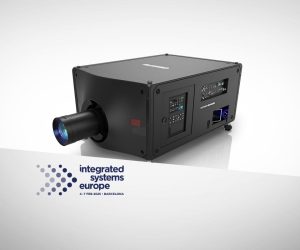








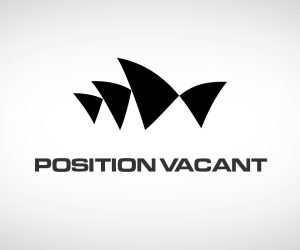
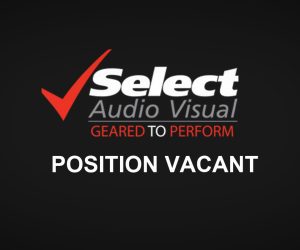
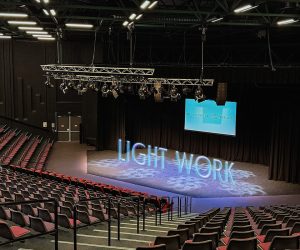

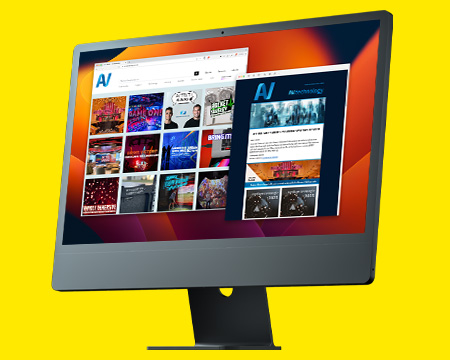
RESPONSES